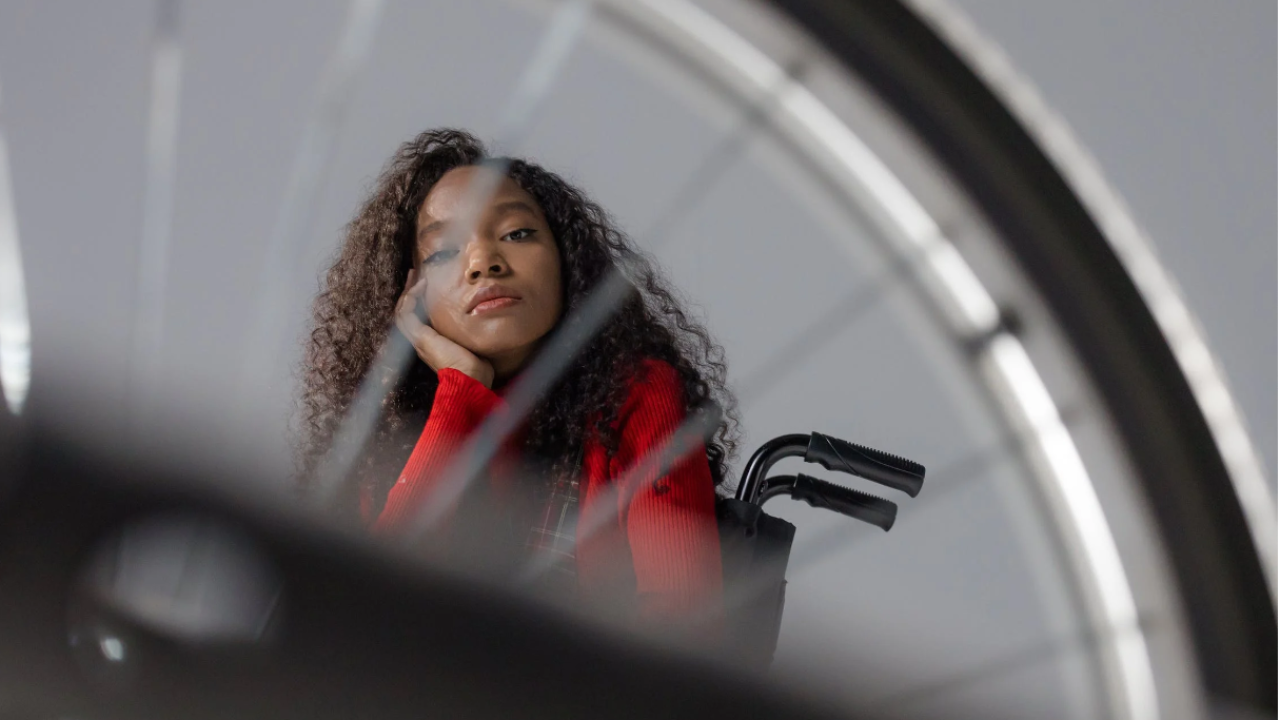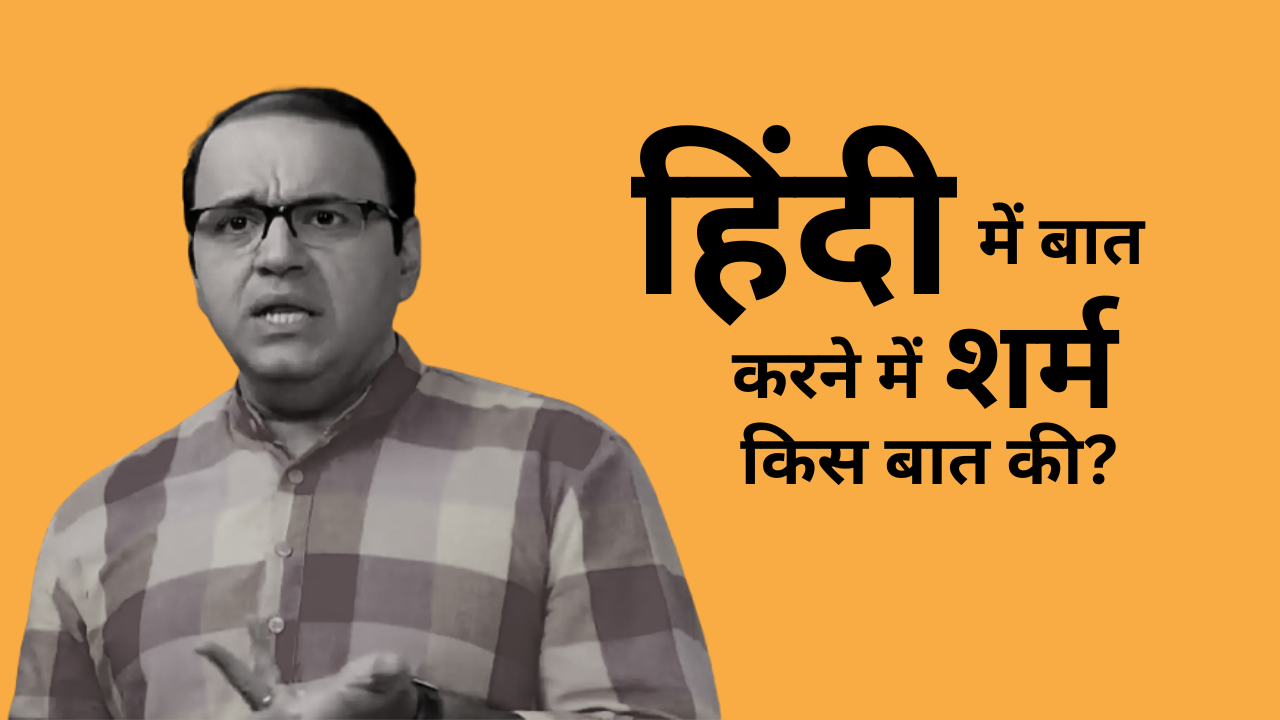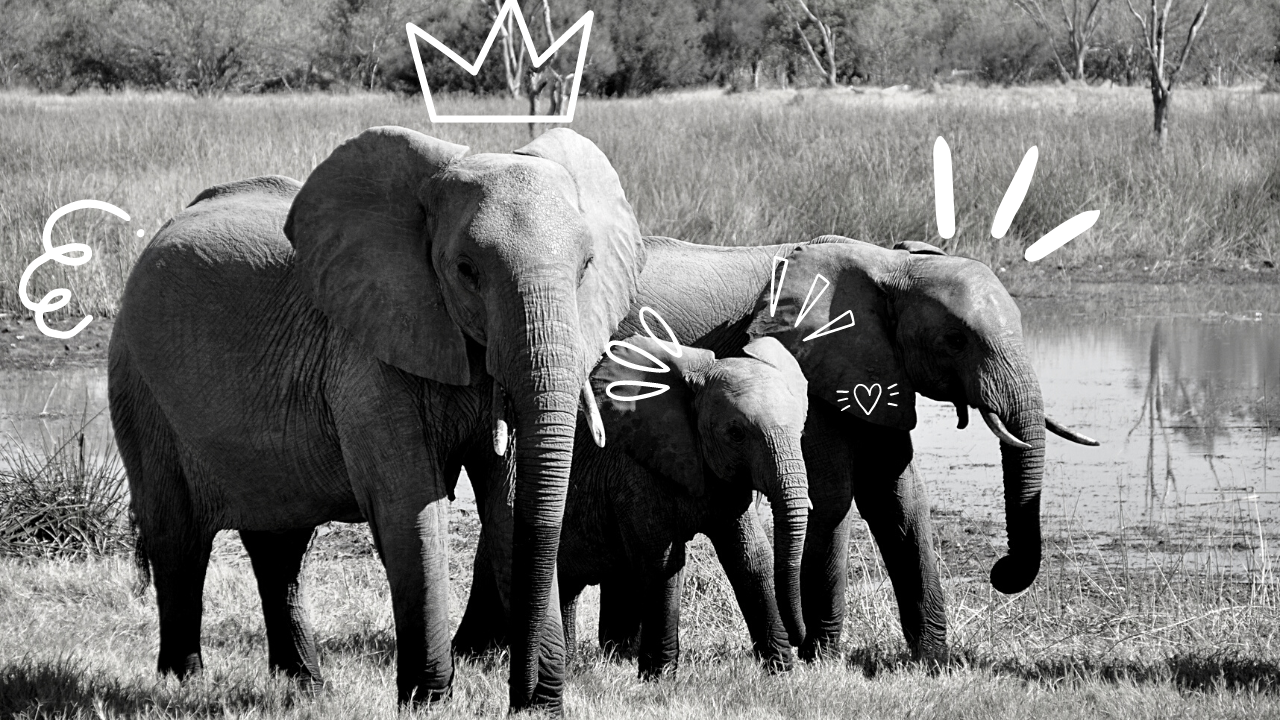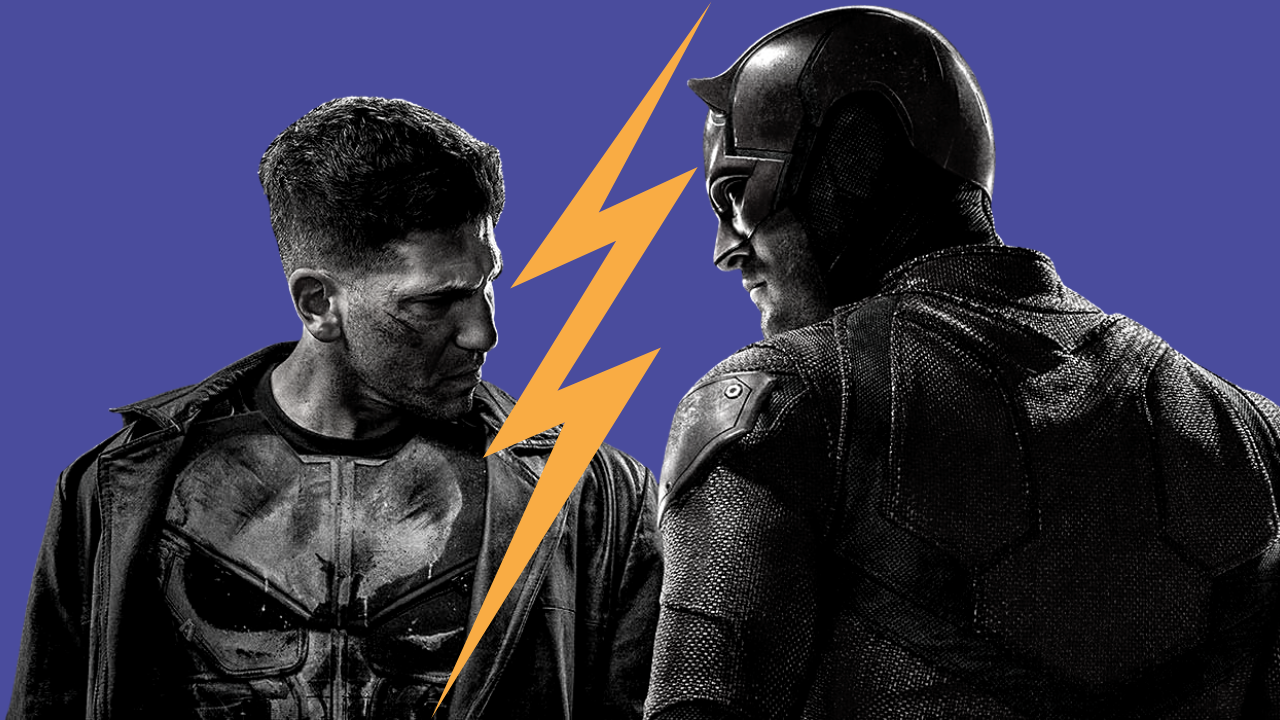In society there are always lines dividing people. Sometimes one group rages against the beliefs and practices of the other, while at other times they work towards becoming the ‘normal’.
Some examples of this would be the gender-lensed arguments about jobs for men versus jobs for women, Indian values versus western values, urban culture versus rural practices, educated people versus illiterate society. To narrow it further down for instance, in our society talking about sex or menstruation is a big taboo but at the same time it is much more acceptable that boys and men speak about porn and mastubation than it is to hear about women speak about period cramps, tampons etc.
And then of course there is the fact that one side knows what is best for the other. Men always know what is best for women. The developed nations won’t stop dictating terms to the developing countries. The urban believe they have a better understanding of the rural – so on and so forth.
But what happens to those issues and those people who fall somewhere in between or become completely erased in these polarised conversations? And those whose voices cannot be heard in the existing hierarchies of society.
Today, we would like to throw some light on one such group of people – the differently-abled.
The process of othering
Too often, people with physical or mental disabilities do not find acceptance or even a sliver of space in the “normal” of our lives. From the lack of infrastructure limiting the access of this community to the basics of life to the narrow policies aimed at addressing their concerns, the differently-abled seem to fall through the cracks of our society. We think about the differently abled rarely, if at all. Usually it is when either we come across such a person in our personal or professional spheres or when some heart-wrenching story of cruelty or injustice to a differently-abled person comes to light via the media.
As a result many of the challenges and concerns of the differently abled never find a loud enough voice. One such completely ignored issue is the menstruating populace among the differently-abled. Not-for-profit organisation – Women with Disabilities India Network , submitted a report to the United Nations in 2019 highlighting this very concern.
Coercion for “protection”
Their study titled Alternative Report documented stories from 441 women with disabilities living across 23 states in India. It highlighted a very disturbing trend – where women with disabilities – either physical or mental – are forced or coerced into surgical procedures where their reproductive organs are removed. Surgeries involving hysterectomies and sterilisations are conducted in the name of physical comfort and protection against consequences (read pregnancy) of possible sexual assault. More often than not these surgeries are conducted with complete support of the families and care-givers of the differently-abled woman.
The report also states that many institutes and care giving facilities only accept girls if they have undergone medical procedures that ensure they will not be bleeding every month and will never be able to get pregnant.
We need to find a new thought
There is a big problem in this thought process. And no, it is not just that doctors and medical experts across the world agree that hysterectomies and sterilisation should be the last option for any patient, especially women under the age of 50. These operations cause hormonal imbalances, accelerate the ageing process in the body and can even lead to depression and other physical complications.
So what right do we as care-givers have, to change the physical being of another individual – especially an individual who does not have the power or comprehension to understand what she is being subjected to?
Can we not work towards products and services that cater to the needs of the differently abled?
Are we, as a society, so far gone that we cannot protect and nurture differently-abled girls to live out their life in its natural course?
Can we only accept differently-abled girls if there is no fear of them getting pregnant?
Can we not view the differently abled as part of society with equal rights and opportunities?
Why is an unethical and medically unsound surgery the only option when trying protect a physically or mentally disabled girl from sexual assault?
Should we not look to change this outlook?




